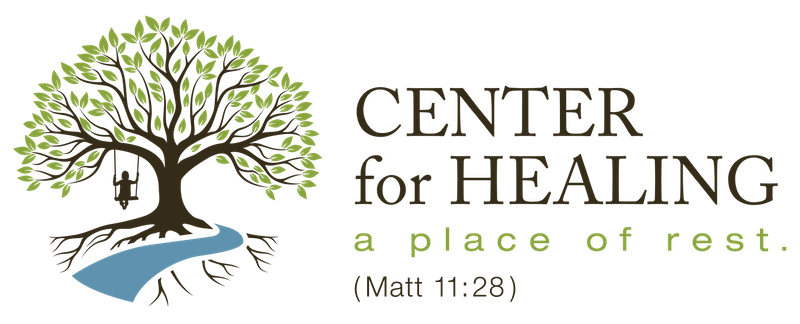
For many years I had suspected something wasn’t “quite right” with my family, even though I would often speak well of my family and can recall fond childhood memories. While I cannot remember precisely when, I noticed that I had the sense that we had family secrets. Over the last several years, my suspicions have been confirmed. I come from an intergenerational narcissistic family system. This hurtful and abusive behavior has had a traumatic impact over at least three generations.
What is a narcissist? Narcissistic Personality Disorder is a constellation of traits marked by an over-inflated sense of self-importance, an excessive need for admiration, expectations of unquestioning compliance, and an inability to recognize others’ needs and feelings. All of us have narcissistic traits, but not to the extent that it impairs our ability to have close and connected relationships. Individuals with NPD need narcissistic supply. Narcissistic supply is a form of psychological dependence, much like an addiction, where the person with NPD demands validation, admiration, and compliance to feel good about himself. According to the DSM-5, NPD is one of ten personality disorders categorized as Cluster B Personality Disorders. Other Cluster B Personality Disorders include Antisocial Personality Disorder and Borderline Personality Disorder.
Narcissists do not see others as separate from themselves nor do they acknowledge that others have their own thoughts, feelings, and opinions. They see others as merely extensions of themselves and subconsciously believe that others will conform to their will. When others have the audacity to express their own thoughts and feelings, the narcissist will unleash his impressive manipulation skills to get what he wants at the expense of others.
Individuals who experience psychological pain and have the ability to be self-reflective typically recognize their need for help and support and realize that they are responsible for how their behavior affects others. However, the severity and depth of the disturbance of someone with NPD shows up in the pain he inflicts on others. The person with NPD is so impaired that he has little to no capacity to recognize that he has a problem.
One of the narcissist’s many ways of controlling others is called gaslighting. Gaslighting is a form of emotional abuse that causes the other person to question their own sense of reality. While not always intentional, this insidious method of manipulation is an effort by the narcissist to protect his fragile self-image from criticism, keep control of the relationship, put blame on the other person, and ensure his narcissistic supply. Narcissists have a chilling ability to control others and get what they want by employing fear, obligation, and guilt. What’s more, their victims are often unaware that they are being abused and will even believe that they are the one who is wrong.
It may take years or even a generation or two to become aware of narcissistic abuse and that it was a loved one who inflicted this abuse. The narcissistic family system is marked by profound dysfunction, secret-keeping, image management, and a lack of boundaries. The narcissistic family will often project the image of the perfect family, however, in private, the dynamics are marked by abuse (verbal, emotional, and physical), criticism, double standards, and manipulation in a sad effort to keep his narcissistic supply at the expense of others’ emotional and psychological well-being.
As children, we instinctually idealize our parents, regardless of how they treat us. Children do not have the capacity to know when they are being mistreated. Consequently, when children are mistreated by their parents, they do not love their parents any less, they love themselves less. This begins a cycle of toxic shame and a message that as long as they perform well, then they will be loved. When children are not shown nor treated with empathy or compassion, they become adults and parents with an underdeveloped capacity to extend empathy and compassion to their own children, thus perpetuating a cycle of intergenerational trauma. Those who are raised by a narcissistic parent usually grow up with traits such as toxic shame, self-contempt, self-criticism, unhealthy boundaries, anxiety, and perfectionism, which reflect their parents’ narcissistic values. Not conscious of their own trauma, adult children of narcissists often pass these wounds onto their own children. They are simply repeating what they were modeled.
Discovering that my grandfather was a narcissist felt disorienting and like a betrayal. From an early age I idolized him and I witnessed other family members do the same. I did not know any different and little did I know that I was one of his sources of narcissistic supply. As painful as it was to realize that I was objectified by someone I once looked up to, it has also served as a missing puzzle piece to my own story. It now makes much more sense why so much emphasis was put on my performance rather than my personhood. The constant need to impress and please others filled the environment with anxiety.
My hope in writing this is that it helps give language to what you may have experienced in your own family. If this feels all too familiar to you, know that healing is possible. It is true that unresolved trauma can be passed from one generation to the next, but so can healing. This starts when we acknowledge our wounds, tell our stories, and refuse to keep secrets. Our shame begins to dissolve when others reflect our stories back to us. And in turn, we help dismantle others’ shame when we receive their stories with kindness and acceptance. Seeing my grandfather through a psychological lens has given my heart room to move toward empathy and forgiveness. This is essentially doing the work that he did not have the capacity to do himself. However, by not doing this work, we risk perpetuating harm and toxic ways of relating to those we love the most.
Thank you to Mark Wolynn and Eleanor Payson, who wrote It Didn’t Start With You and The Wizard of Oz and Other Narcissists, respectively.
Peace,
Chris Ellman MSW, LCSW, SATP, CSAT



